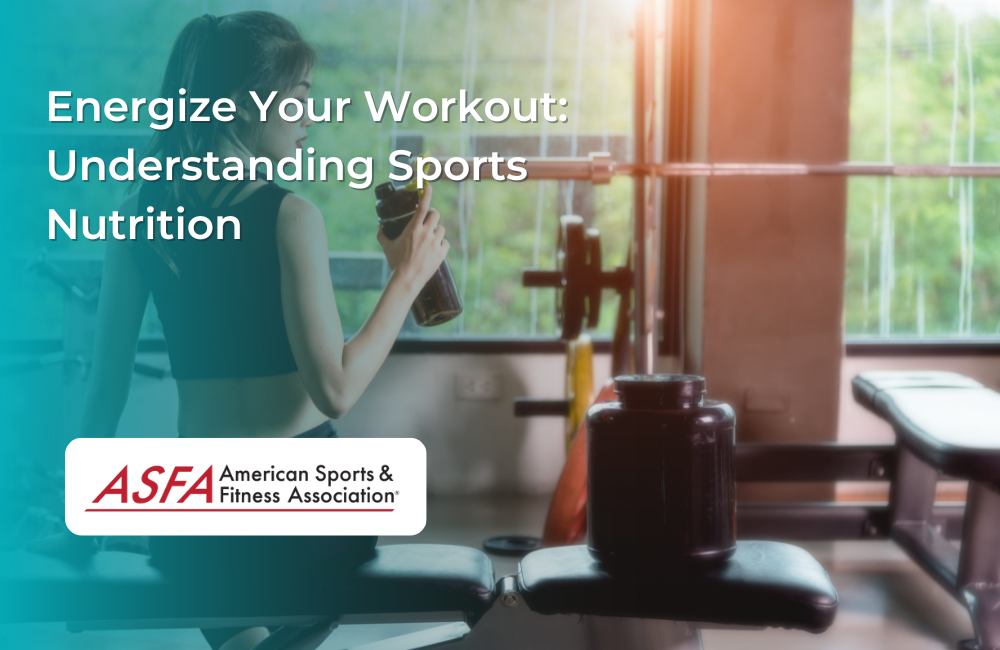What is sports nutrition?
Sports nutrition is the science of eating and drinking in a way that helps you perform at your best. It's important for everyone, not just athletes.Sports nutrition is about making the right choices to fuel your body for the demands you make of it. Food provides energy to your body, but there are many other ways to get nutrients such as vitamins and minerals from what we eat or drink. These include:Eating enough calories (energy) from carbohydrates, fat, and protein;Getting enough fluids before activity so that dehydration does not occur during exercise;Make sure there are no food allergies or intolerances;Why do you need a sports nutrition plan?
If you're looking to improve your fitness, there are a few things to keep in mind. First and foremost, it's important that you eat enough food during the day. If you're not eating enough calories, then your body won't be able to repair muscle tissue after a workout and build strength and endurance for future workouts.Secondarily, if you want to recover from one workout before starting another one (which is recommended), it's also necessary for athletes who work out regularly--and especially those who push themselves hard during exercise--to eat properly after each session so they can recover faster than normal people would with less activity in their lives.Last but not least: athletes need healthy diets so that they don't get sick or injured due to poor nutrition choices!What are the best sources of fuel?
Carbohydrates, fats, and proteins are the three main macronutrients that provide fuel for your body during exercise. Carbohydrates should be your primary source of energy during exercise because they can be easily broken down into glucose (a simple sugar) for immediate use by the muscles.Fats take longer to digest than carbohydrates but can still be used as an energy source during exercise.Protein is not a significant source of energy unless you're exercising at very high intensities over a long period of time or if you're trying to gain muscle mass--in which case it's important to eat enough protein throughout the day so that your body doesn't break down its own muscle tissue for fuel instead of using external sources like food or supplements!How much do you need to eat?
How much you need to eat depends on your body weight, activity level, and goals. A good rule of thumb is to eat 0.5-1 g of protein per kg of body weight per day. You should also have a balanced diet with plenty of vegetables and fruit.
Time to refuel!
It's important to understand the role of recovery nutrition in your workout routine. When you exercise, your body breaks down muscle tissue and uses it as fuel for energy. Recovery nutrition helps replenish those stores of glycogen (the carbohydrate stored in the muscles).Glycogen is the main source of energy for anaerobic exercises like weightlifting or sprinting. To restore this fuel supply quickly, athletes should consume a combination of carbohydrates and protein within 30 minutes after exercising or competing--and again within two hours after exercising or competing if possible! You should also consume sodium during this time period because it helps retain water in cells which improves hydration levels inside them so they can better recover from fatigue-inducing workouts such as long-distance running sessions where athletes experience heavy sweating but don't drink enough fluids throughout their activity durationTakeaway:
If you want to stay healthy and energized, it's important that you refuel after a workout.Recovery is just as important as the workout itself! You can't exercise without energy, so food is your body's fuel. If you don't eat enough, then your body won't have enough power for future workouts or even daily life tasks such as walking upstairs or carrying groceries home from the store. Eating well helps keep our bodies strong and ready for anything we throw at them...and that includes getting through those long days at work (or school).Conclusion
By taking the time to learn about your body and how it works, you can make sure that you're getting the nutrients you need. The best part is that this isn't just a one-time thing! You will always need to be aware of what is going on with your body so that when something changes (such as an injury), you can adjust accordingly. This will not only keep your performance at its highest level but also help prevent injuries or illness down the road




